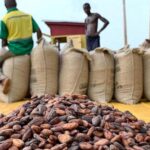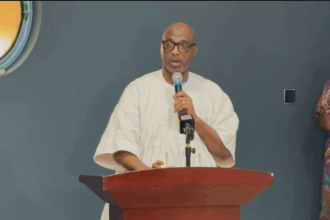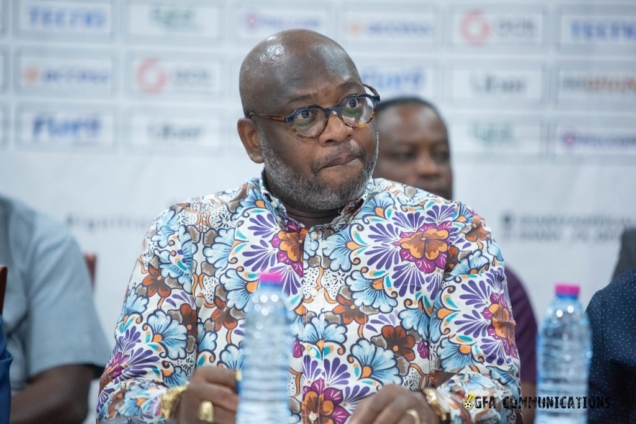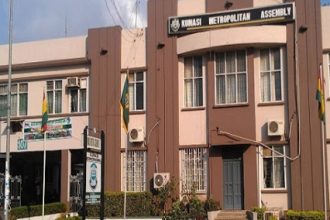President Nana Addo Dankwa Akufo-Addo has indicated that Ghana is hopeful to secure the financial bailout it is seeking from the International Monetary Fund (IMF) by the middle of February 2023.
According to him, Ghana has fulfilled all requirements needed in order to reach an agreement with the Fund, and he is optimistic the processes should be finalized by next month.
Speaking at a meeting with some African-American students from the Harvard Business School at the Jubilee House, President Akufo-Addo said Ghana’s economy has suffered greatly in recent times compelling Ghana to run to the IMF for the bailout.
“We’ve had difficulties in the past few years trying to reposition our economy to grow again. Some basic statistics that all of you are familiar with have pushed us back; the energy sector crisis, the global food crisis, and many others and Ghana is yet to escape from all of these crises.
“We are going through the processes with the International Monetary Fund right now and hopefully by the middle of this month or February, a full-blown IMF programme will be put in place which will help us repair our public finances which took a big hit from external forces,” Akufo-Addo lamented.
The government in December 2022 announced that it had reached a staff-level agreement with the International Monetary Fund (IMF) as part of processes leading to a bailout.
Ghana is seeking to secure $3 billion from the IMF to complement the revenue shortfalls and to service its external debt.
On January 5, 2023, the International Monetary Fund (IMF) stated that it is working towards a debt cancellation programme for Ghana and other countries amid a global economic recession scare this year.
The other countries are Ethiopia, Zambia, Chad, Lebanon, Surinam and Sri Lanka.
The move, Madam Kristalina Georgieva, the IMF Managing Director, said was to avert any “bad surprise” on the global economy, out of which 25 per cent had its trade in emerging markets territories.
“We’re working hard to press for debt resolution for these countries and we’ve engaged with the traditional creditors, the Paris Club, the non-traditional creditors, China, India, and Saudi Arabia. Our call is very simple: Urgently we have to act,” she said in an interview.
Mad Georgieva noted that though the countries that were in debt distress were not systemically significant to trigger a debt crisis, a third of the world economy would hit a recession in 2023, hence, the urgency to find a resolution to the debt problem.
“The risk of contagious is not high. However, if that debt continues to grow, then let’s remember 25 per cent of the emerging markets are trading in this territory. Then the world economy is in for a bad surprise,” she said.
Ghana reached a Staff-Level Agreement (SLA) with the IMF in December 2022, and currently doing a domestic debt restructuring programme and engaging its external creditors, pending approval by IMF Management and the Executive Board.
The SLA is for a three-year programme supported by an arrangement under the Extended Credit Facility (ECF) of about $3 billion by the IMF.
It is aimed at restoring macroeconomic stability and debt sustainability while protecting the vulnerable, preserving financial stability and laying the foundation for strong and inclusive economic recovery.
On recession, the IMF Managing Director, said: “We expect one-third of the global economies to be in recession. Even countries that are not in recession, it would feel like a recession.”
















